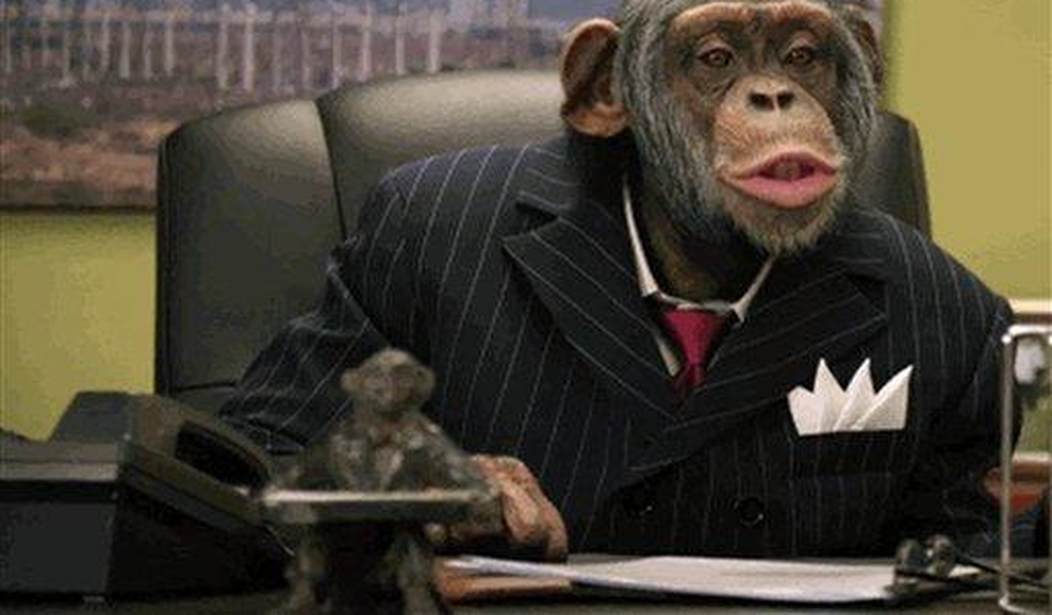If it feels like the Washington, D.C., Deep State is out of control, that’s because it literally is.
Functioning government at the scale of the U.S. federal government, which lords over 350,000,000 members, depends largely on the goodwill and technical skill of the bureaucrats in charge of making the trains run on time. If, for whatever reason, they abandon their post to indifferent robots, become derelict and decadent, or lose their mechanical proficiency, collapse ensues, as happened in the Roman Empire and is currently underway in the U.S.
There may be many reasons for the collapse of a state, but perhaps scale is one of the fatal flaws.
A state is fundamentally a social construction that depends on social cohesion to function. The scientific literature suggests that it’s evolutionarily impossible for a D.C. bureaucrat to, for instance, genuinely care about a random corn farmer in Nebraska, even if he sincerely wanted to. The best, even the best-intentioned, member of the federal government could muster for a stranger in a different social class thousands of miles away is an abstract sort of goodwill. The ties that bind people together fray the further the social circle expands.
Dunbar’s Number, a formula that quantifies the optimal size of a social group, describes this phenomenon.
Via New Scientist:
In monkeys and apes, there is correlation between primate brain size and the size of their social groups, and by extrapolating this relationship we would expect humans to have a natural upper limit to the number of people in their group to about 150…
Historically, it was the average size of English villages. It is also the ideal size for church parishes, and is the size of the basic military unit, the company. Although an individual’s social network may include many more people, 150 contacts marks the cognitive limit on those with whom we can maintain a stable social relationship involving trust and obligation – move beyond 150 and people are mere acquaintances.
If accepted as true, the political implications of Dunbar’s number are profound.











Join the conversation as a VIP Member